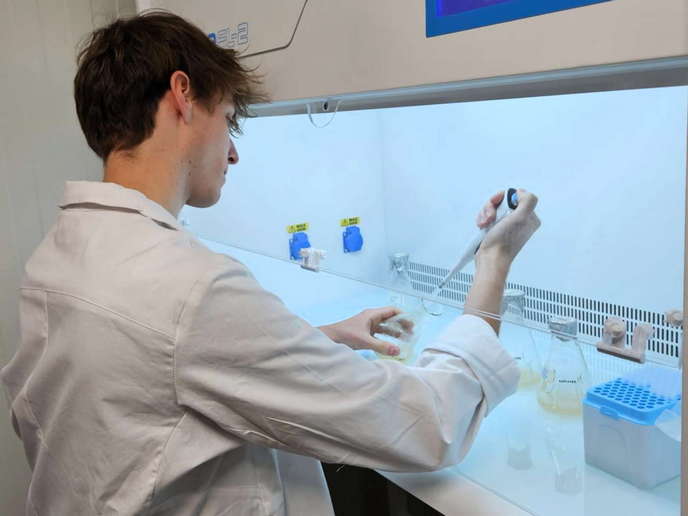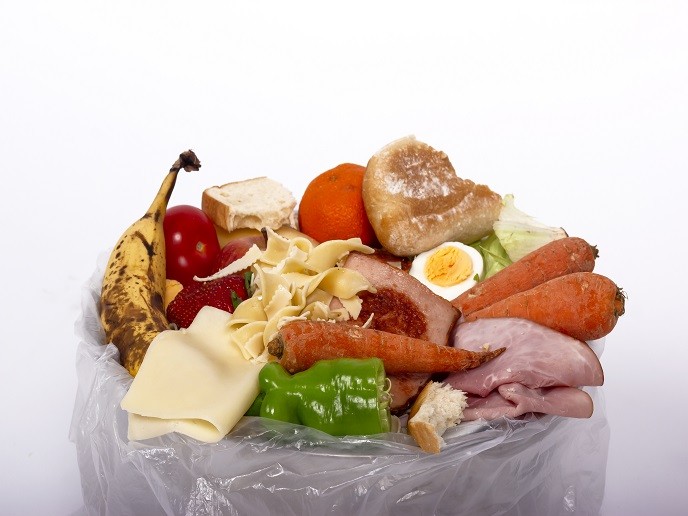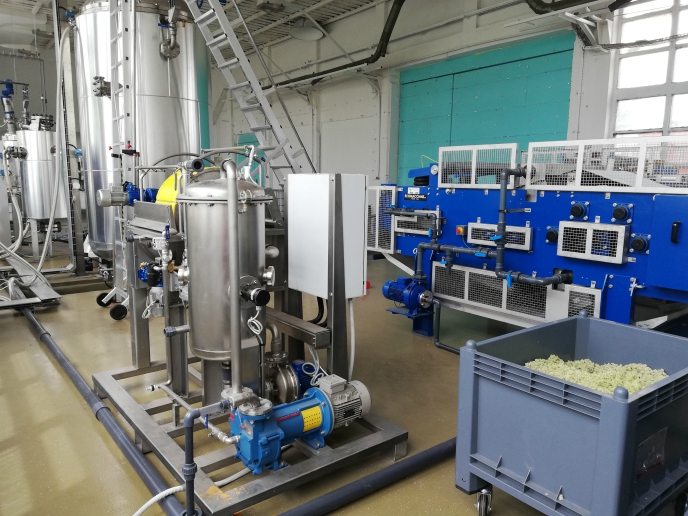Innovation platform to boost EU food sector
In order to stay competitive, the European food industry needs to innovate on many levels throughout the whole food supply chain – capturing consumers' imagination and meeting their needs. Safety, sustainability, cost effectiveness, health and eco-friendliness are important considerations that consumers are increasingly demanding. Meeting these demands could also enhance the desirability and exportability of European food and beverage products. With this in mind, the EU-funded RECAPT (Retailer and consumer acceptance of promising novel technologies and collaborative innovation management) project set out to encourage collaboration in managing innovation across the supply chain. To achieve its aims, the project launched an EU platform to bring together players from the food industry – including scientists, retailers and caterers – in one collaborative environment. This was designed to channel research findings towards the utilisation of novel technologies in the development of products that consumers would accept, enhancing competitiveness on a global scale. A key project achievement was establishment of the Collaborative Food Innovation Forum (CFIF), which oversaw the organisation of three stakeholder workshops that produced valuable conclusions on the topic of collaborative innovation. The workshops outlined food industry challenges, consumer needs and ways to achieve consumer acceptance of products developed using novel technologies. It also identified 15 novel processing technologies that have the potential to add value to products and services, in addition to generating knowledge about how retailers and caterers adopt new products. In addition, the project commissioned four case studies on collaborative innovation management. In all four cases, the use of novel technologies resulted in more benefits to consumers such as lower costs, faster processing or better packaging. Understanding and overcoming the barriers to adopting new technologies, consumer acceptance and future collaboration is a prerequisite for improving the innovativeness of the sector and thus for the European food industry to flourish.
Keywords
Food production, food supply chain, consumer acceptance, novel technologies, collaborative innovation management







